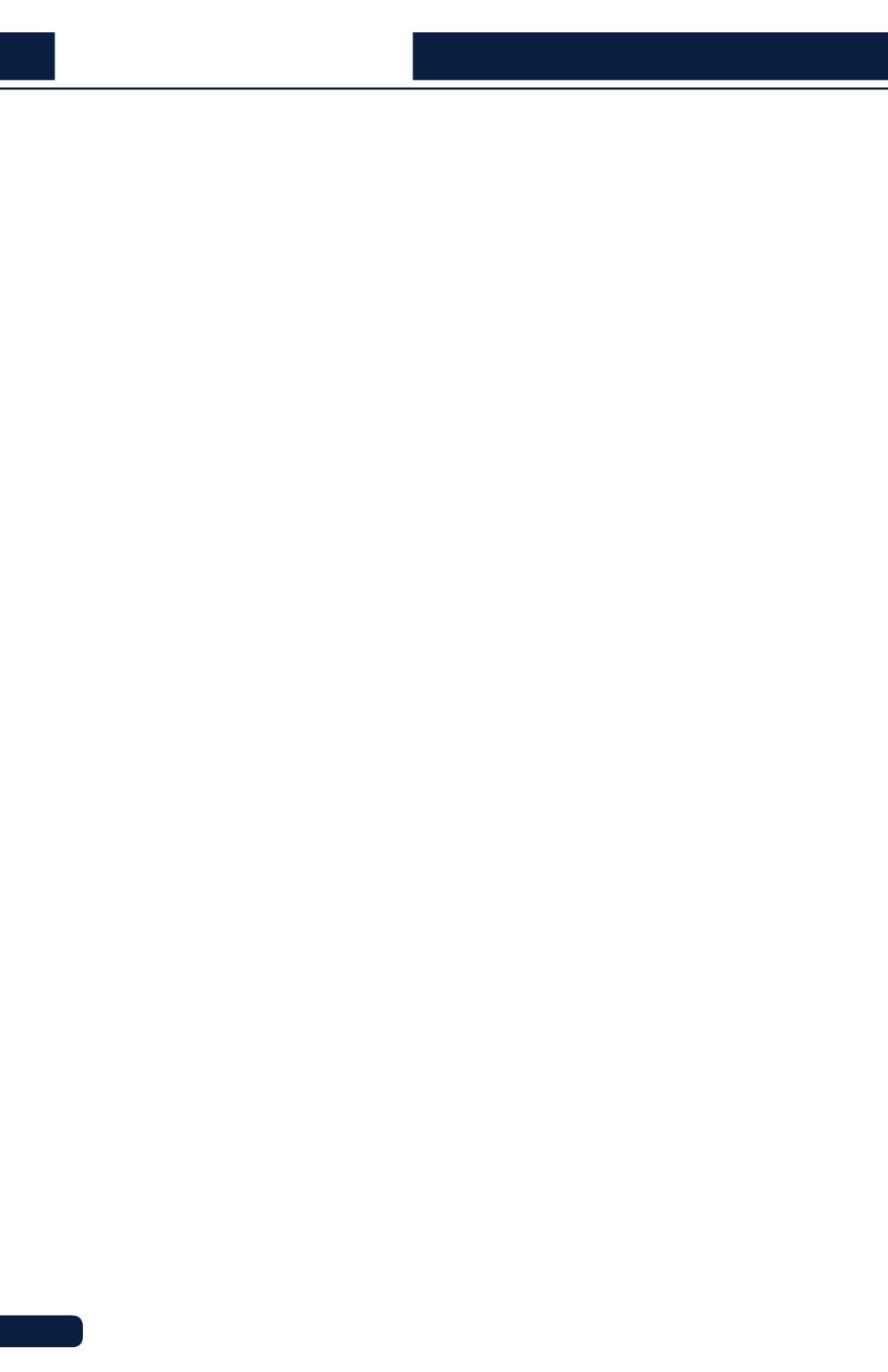
Policies & Regulations
Sanctions resulting from an informal resolution may not
include Expulsion, Suspension, or Disciplinary Probation.
The minimum sanction imposed on a student found
responsible during a formal hearing will be failure of the
course and a prohibition on the application of the
Forgiveness Policy for that course. Sanctions might also
include any of the sanctions listed above.
It shall be the responsibility of the Faculty Fellow for
Academic Integrity to keep a record and implement
sanctions resulting from both the informal and formal
misconduct procedures.
ACADEMIC GRIEVANCE DEFINITIONS AND
PROCEDURES
PREAMBLE
Quality education is most likely to occur in academic
environments that include the following elements:
effective student mentoring, informal and accessible
student-faculty relations, mutual respect and
collegiality, cooperation, as well as open communication
and transparency. Often grievances grow out of
misunderstandings or misperceptions between faculty
and students regarding expectations for performance
or behavior. Faculty and advisors have an obligation
to ensure that Undergraduate and Graduate students
are aware of academic expectations. Students have a
concomitant obligation to pursue diligently and to satisfy
those standards. They are bound to observe and respect
the policies, rules and regulations of the University, of
their respective departments, and of their professors.
Many grievances related to student-faculty relations
should be settled informally, via open and transparent
processes of communication.
Occasionally, however, a disagreement develops and
persists despite the application of informal procedures
to resolve the matter. Although students have the right
to seek redress for academic grievances, they often
forgo their rights so as not to offend professors involved
in those disagreements. Students should be aware that
bringing a formal grievance may have the consequence
of damaging working relationships with professors, and
that the straining of student-faculty relationships may
impact negatively the learning environment. When all
means of informal resolution have been exhausted, the
parties involved must have an impartial and transparent
forum in which to seek review and resolution of the
academic grievance.
PURPOSE
The purpose of this policy and procedure is to provide
a means for Undergraduate and Graduate students to
seek investigation and possible resolution of academic
grievances, as defined below.
SCOPE OF GUIDING PRINCIPLE
The definitions and procedures address grievances
by Undergraduate and Graduate students in which
the complaint or controversy alleges: (a) arbitrary and
capricious awarding of grades; (b) unprofessional conduct
by a professor that affects adversely either the student’s
ability to satisfy academic expectations, whether in the
classroom, a field setting, a laboratory or other setting,
or the student’s actual performance; (c) inappropriate or
inadequate academic advising concerning requirements
not published in official University documents; (d) arbitrary
dismissal from a course or program except as described
below; and (e) irregularities in the implementation of
policies or procedures in grievance hearings at the
college or school level.
This guideline does not address:
a) Issues related to sexual harassment, or
discrimination based on age, sex, sexual
orientation, religion, race, marital status, national
origin or disability. The Equal Opportunity
Programs (EOP) Office is responsible for handling
such issues in accordance with procedures
developed to comply with the Florida Equity Act;
b) Issues related to research misconduct. If the
student alleges unauthorized utilization of
research materials by a professor, resolution of
the issue must be sought using the University
Research Misconduct policy;
c) Issues related to professional misconduct. If the
student is dismissed from a course or program
due to violation of professional code of conduct,
those decisions are addressed at the school or
college level; and
d) Issues related to grading, except arbitrary and
capricious awarding of grades. Students who
dispute a grade received must follow the grade
appeals process established by the applicable
college. The student may request further
discussion at a department conference with
the instructor and the department chair. The
department chair issues a written “Statement
of Action” within seven (7) calendar days from
the date of the conference and delivers it to the
student and the dean of the college involved. The
student shall not proceed beyond the department
chair’s decision except when the student can
demonstrate malice on the part of the instructor,
in which case the student may file a grievance
under this policy.
INFORMAL ACADEMIC GRIEVANCE PROCEDURE
Undergraduate and Graduate students must attempt
to resolve informally an academic grievance as soon
126


